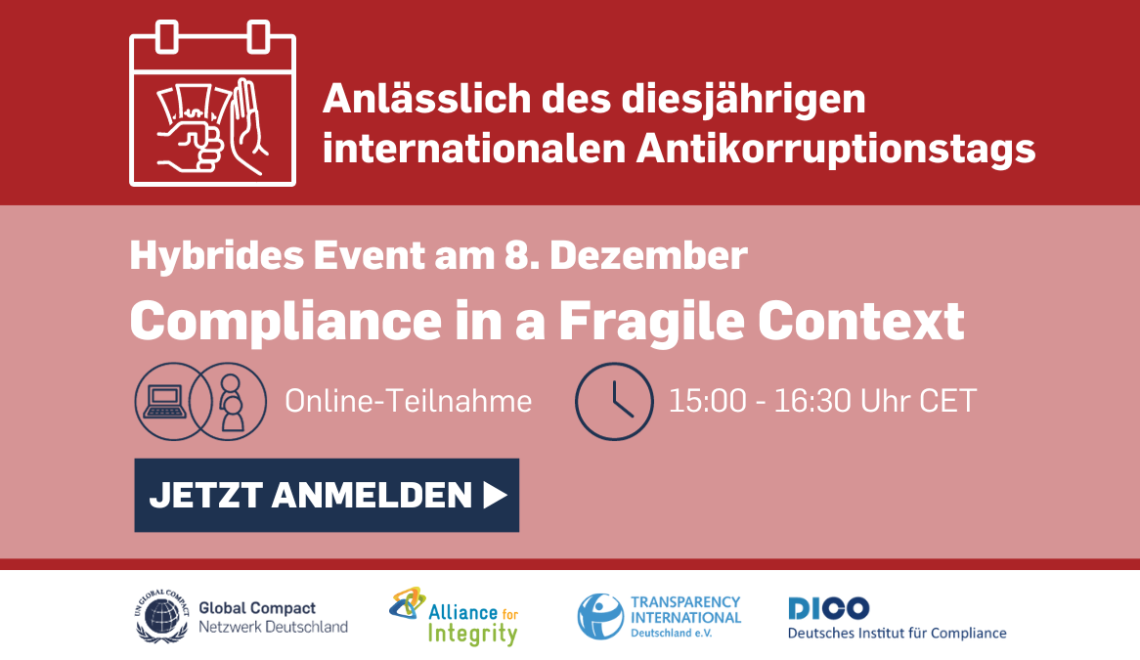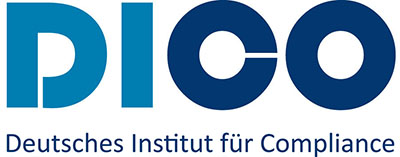
The framework conditions for private sector activities in fragile contexts are typically characterized by high political uncertainty, low state assertiveness (e.g. property rights, tax obligations, regulations), poor basic infrastructure (electricity, roads, market access, etc.) and insufficient financial infrastructure (including limited access to capital and credit). Insecurity and the threat of outbreak of violence are also present. Fighting corruption is often particularly difficult in fragile contexts because it challenges existing power structures.
Despite these challenges the private sector can play a key role in restoring peace, stability, social trust and cohesion by creating employment opportunities, providing stable and legal sources of income, improving the supply of goods and generating state revenue, thereby ensuring the provision of basic public services.
To create a level playing field and promote contributions of the private sector, legal provisions have increasingly been put in place in recent years that require companies to comply with their due diligence obligations with regard to anti-corruption, human rights and environmental protection along global supply chains.
In this context, multi-stakeholder-partnerships can play an important role in supporting companies in meeting their due diligence obligations in increasingly fragile contexts while improving the local framework conditions – which is beneficial for both local societies and doing business.




 Der Ausschuss Mittelstand hat einen Quick Check entwickelt und stellt Ihnen diesen hier zur Verfügung.
Der Ausschuss Mittelstand hat einen Quick Check entwickelt und stellt Ihnen diesen hier zur Verfügung. 